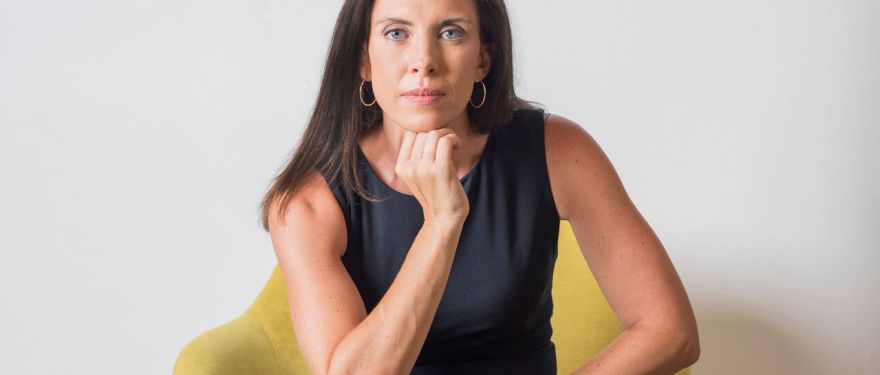When Jamie Cheney (MBA 2007) and Annie Davis (MBA 2007) studied together at Yale for their undergrad and later at HBS for their graduate degrees, they had no idea that they would end up working together – or that this work would be in the human capital space (that is, placing high-caliber talent in a variety of dynamic, in-demand work engagements).
But many times, the greatest ideas arise out of opportunity. And often, the best businesses are created to address a market gap. In this case, it was both. Cheney had spent six years post HBS working in strategy for large advertising agencies, such as Digitas, AKQA, and TWBA—when, in 2013, a shared workspace coffee-bar conversation provoked the career pivot that would launch her new business venture, Prokanga.
“I had a bunch of interactions with people who were starting companies, and they would say, ‘we’re just missing really good people who can do x,’” says Cheney. “I had an ‘aha’ moment that there was a lack of a marketplace to connect the supply and demand on that.”
A New Recruiting Solution is Born
Cheney built out the concept for Prokanga while on maternity leave with her third child. By the end of her leave, she was convinced she had a viable business. A totally new concept at the time, Cheney initially created Prokanga as an innovative marketplace solution that connects companies with experienced, flexible expertise—in other words, well-established, senior consultants that valued flexibility in their work structure. Prokanga started with contract and part-time placements but, since then, has expanded to also include full-time roles.
“We started by placing primarily consultants with marketing agencies and small startups, focusing on the marketing world I knew,” she says. “But, living in New York, many people work in finance. By the end of 2016, people were asking about finance.”
In response to this constant market demand, Cheney decided to hire a partner with recruiting experience in finance. She met Lesley Finer in the spring of 2016 through a former HBS classmate, and, together, they put their noses to the grindstone building out Prokanga’s finance practice.
“The power of the HBS network when you’re building a business cannot be underestimated,” says Cheney. “It is unbelievable.”
The Gig Economy Meets Wall Street
Cheney and Finer faced an immediate challenge when trying to expand Prokanga’s business model into the finance world: it was an industry that had basically no concept of gig or contract workers.
“It had never been a field that thought that way, so we had to explain to people why they should think this way,” explains Cheney. “It took us a year to educate the New York finance community about this. And after a year, the phones started ringing.”
Prokanga now has two strong practices, with approximately 60 percent of their business on the finance side and 40 percent on the marketing side. Engagements range from maternity leave coverage to chief of staff roles to full-time C-level roles.
“At the end of the day, I think we are very good recruiters,” says Cheney. “Most recruiters have never been in a business role. My HBS education allows me to sit with any founder in any industry, from the most complex hedge fund to consumer goods, and fundamentally understand what they need to deliver to their investors. That’s where our clients see a differentiated product.”
Identifying New Verticals
As Prokanga continues to grow, their team is constantly identifying new markets that are underserved from a recruiting standpoint. Prokanga’s newest vertical is social impact—a sector now managed by HBS alum Annie Davis.
“I’ve been passionate about social and environmental issues my entire life,” says Davis, who joined Prokanga in 2018 as managing director of social impact. “From a social impact standpoint, we are mobilizing an entire workforce of talent and enabling parents to spend more time with their children. From an environmental impact standpoint, a good number of the roles that we place have some sort of remote work, so we’re saving commuting time and getting cars off the road.”
Prokanga is also in the rigorous process of becoming one of the 2,788 global companies with B Corporation status—a third-party certification driving a movement to use business as a force for good. Certified B Corporations are legally required to consider the impact of their decisions on their employees, clients, suppliers, community, and the environment.
“We work so hard—I’ve put more hours in than I have at any other job, but each of us chooses strategically how we tradeoff time between our work and our families,” says Cheney. “What keeps me going is our number of satisfying placements and seeing small companies that have been able to grow because we’ve found them such great talent.”

